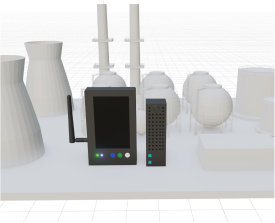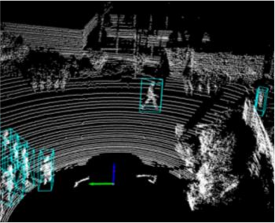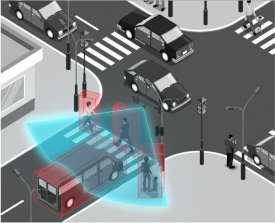- SOLUTION
- Air-Watcher
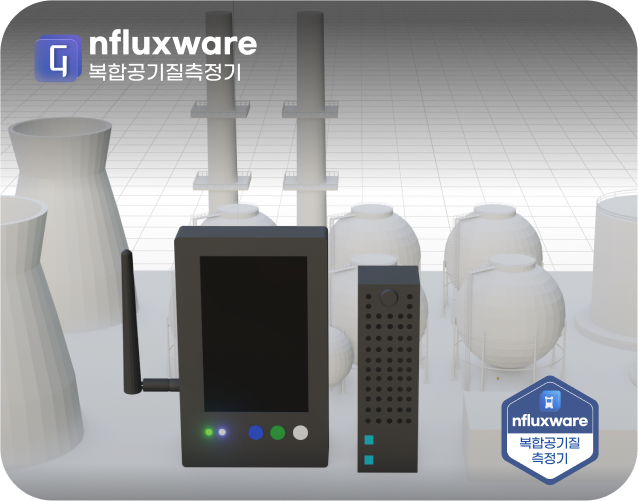
Air-Watcher is a device that provides a thorough evaluation of both indoor and outdoor air quality by concurrently measuring various air pollutants
By measuring various factors such as fine dust (PM10, PM2.5), ultrafine dust, carbon dioxide, temperature, and humidity, we can accurately assess the quality of the air we breathe.
Here are the key features of Air Watcher
-
Measurement of Various Pollutants:Measures a range of pollutants, including fine dust, ultrafine particles, and carbon dioxide.
-
Real-time Monitoring:Collects and analyzes real-time air quality data through sensors.
-
Data Store and Analysis:Stores, visualizes, and analyzes measurement data.
-
Alert:Notify the user if the threshold is exceeded.
-
Application Integration:Enable real-time monitoring and control of data via the application.
Applications of Air-Watcher
- Home: Manages indoor air quality to create a healthy living environment.
- Office: Ensures a comfortable working environment, enhancing work efficiency.
- Schools: Monitors indoor air quality to protect the health of students.
- Public Facilities: Manages air quality in public spaces for the well-being of the general public.
- Industrial Sites: Controls exposure to harmful substances in workplace environments.
- SOLUTION
- AI LiDAR
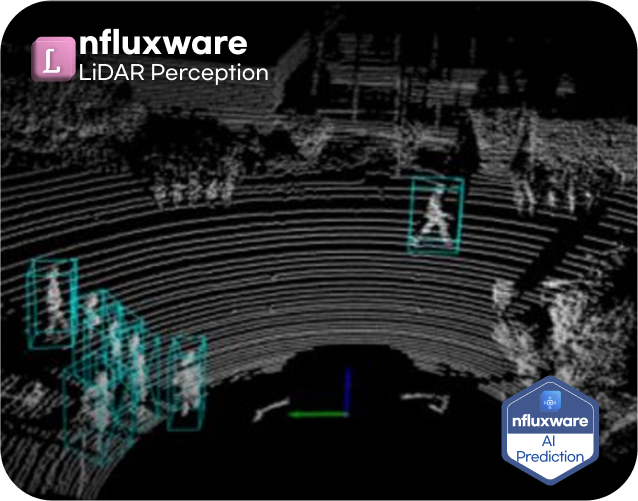
LiDAR Vision AI is a technology that enables computers to understand and interpret visual information like humans. It analyzes the images and video data obtained through LiDAR sensors to extract the information contained within and understand its meaning.
Key AI Perception Features of LiDAR
-
Object Recognition::Identifies and classifies various objects (people, animals, objects, etc.) in images or videos.
-
Face Recognition:Recognizes human faces and identifies individuals.
-
Image Classification:Classifies the entire image into a single category (e.g., cat, dog, landscape, etc.).
-
Object Detection:Accurately locates specific objects within an image and generates bounding boxes around them.
-
Segmentation:Divides each pixel in an image into meaningful regions to more accurately distinguish objects.
-
Optical Flow:Tracks and analyzes the movement of objects within video footage.
-
Depth Estimation:Estimates the depth information of each pixel in an image or video to obtain 3D data.
Applications of LiDAR AI Perception
- Autonomous Vehicles: Recognizes the surrounding environment through cameras, detects obstacles, and ensures safe driving.
- Healthcare: Analyzes medical images to diagnose diseases and is used in surgical robots.
- Smart Factories: Utilized for product defect inspection, production process monitoring, and more.
- Security: Used for access control through face recognition and detecting abnormal behavior.
- Augmented Reality: Applied in technologies that overlay virtual objects onto the real world.
- SOLUTION
- AI Edge Service
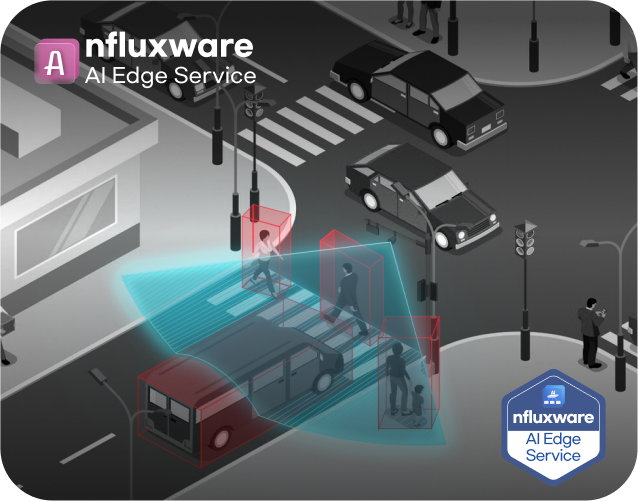
NFLUX's AI Edge is a technology and product that executes artificial intelligence (AI) directly on devices located at the edge of the network, where data is generated, rather than relying on cloud servers.
The reasons why NFLUX's AI Edge is needed are as follows.
Real-Time Data Processing: It reduces the time required to transmit data to cloud servers, enabling real-time data processing and response.Faster Results: It can produce fast results without delays caused by network issues.
Data Security: Sensitive data is processed directly on-site, reducing the risk of data leakage by avoiding transmission to the cloud.
Cost Efficiency: It helps reduce costs associated with using cloud servers.
Where AI Edge is needed,
Smart Factories: Analyzes real-time data from the production line to detect defects and improve production efficiency.Autonomous Vehicles: Processes images from cameras directly within the vehicle to recognize the surrounding environment and avoid obstacles.
Smart Cities: Analyzes sensor data to assess traffic flow and enhance energy efficiency.
Medical Devices: Analyzes collected biometric signals in real time to monitor patient conditions.


